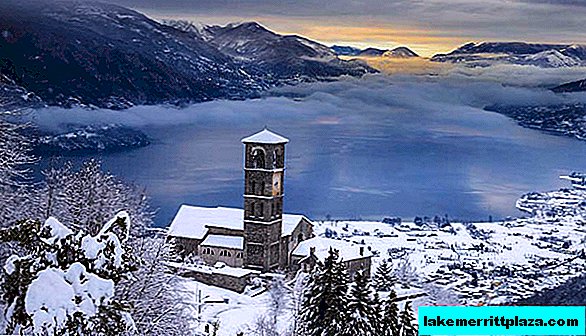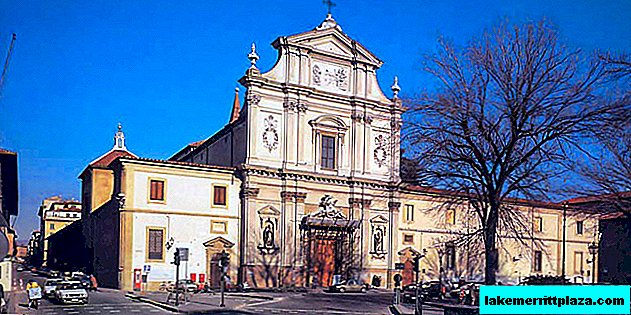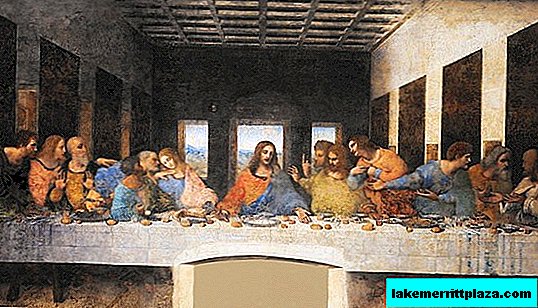On Saturday morning we set off to conquer Sicilian roads. Our path lay in the capital of all the mafia - the city of Corleone. Today I want to share with you, dear readers, the scenery from the Ford Fusion window, kindly provided for the trip by our friends Antonella and Mario.
All roads in Sicily are divided into 4 types, these are:
- A-Motorways (Autostrade)
- E-Highways (Strade di grande comunicazione)
- SP-Roads of regional importance (Strade di interese regionale)
- SS-Local Roads (Strade di interesse locale)
I was pleasantly surprised by the quality of the roads. Our summer expedition to Lake Baikal from Krasnoyarsk via Irkutsk is immediately recalled. Even on the most abandoned rural road you feel smoother than on the federal Russian highway (or path?). But in Russia, the road is a disaster, and one cannot understand it with the mind, and in Sicily it is an indispensable means of communication. There is a good road - there is life, the economy is developing.
In general, a car for relaxing in Sicily gives you a degree of freedom.
- We recommend reading: how to rent a car in Italy
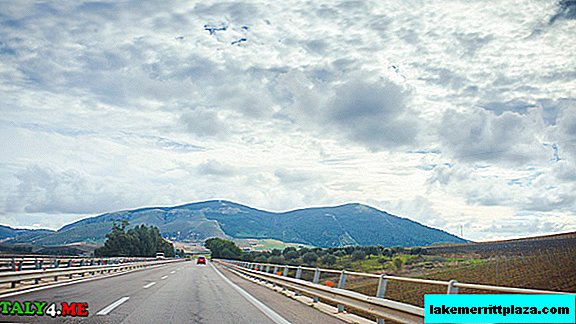
After leaving Trapani, we ended up on the almost deserted A29 motorway. Having put my wife behind the wheel, I just had to capture the surrounding beauty. The whole trip took us about 2 hours.
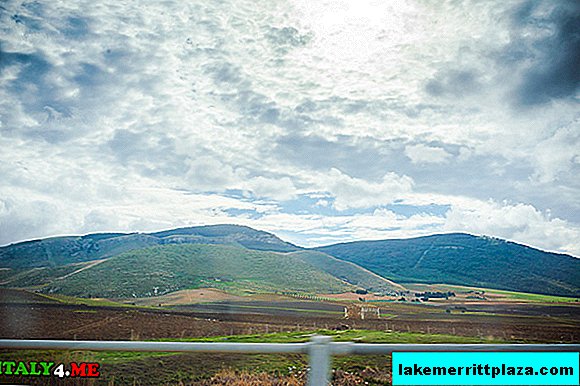
Since Sicily is a volcanic island, the height of which ranges from 3329 meters (the highest point in Italy is Mount Etna) to sea level, so naturally you often have to travel through tunnels.
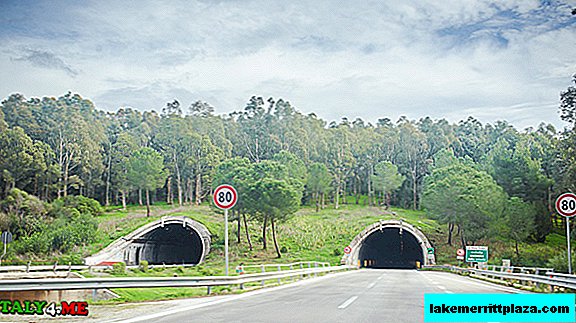
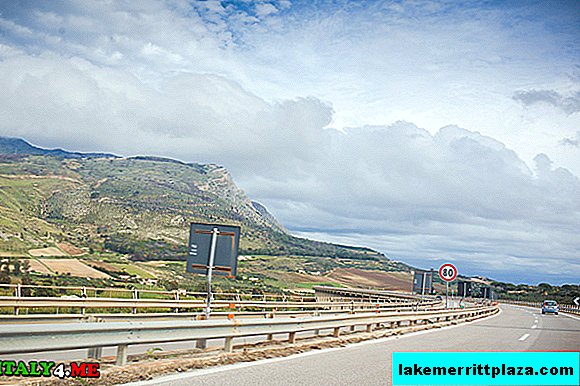
On the right we see a beautiful railway bridge.
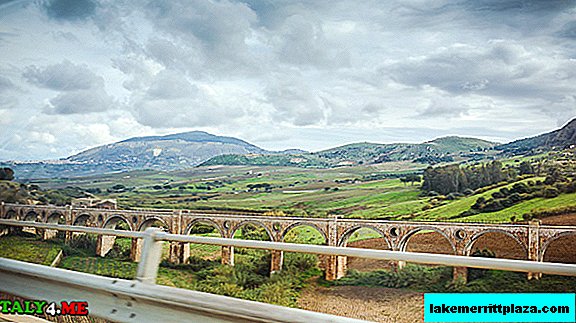
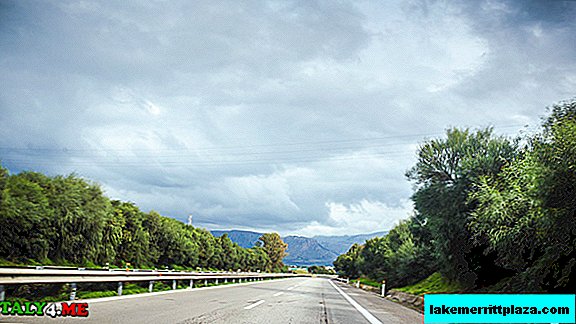
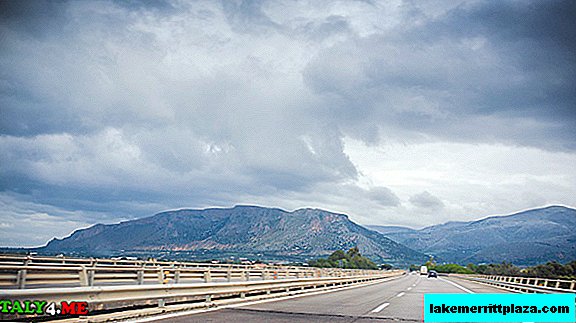
Turning off the A29 (aka E90) onto the regional SS113 and then on SP2 we drove past the small lake Pago (Lago Poma).
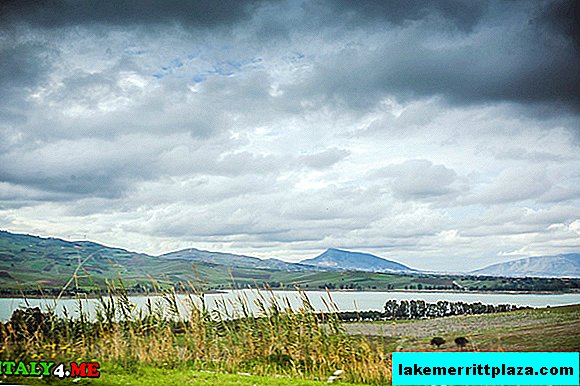
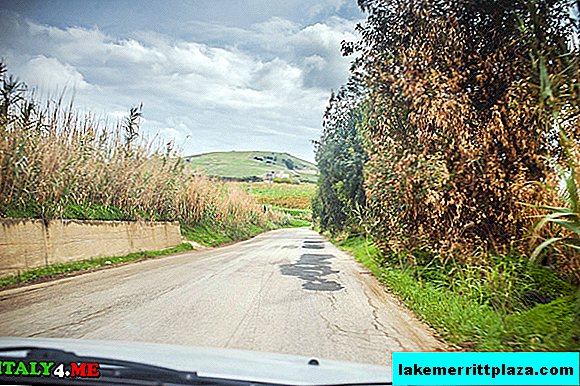
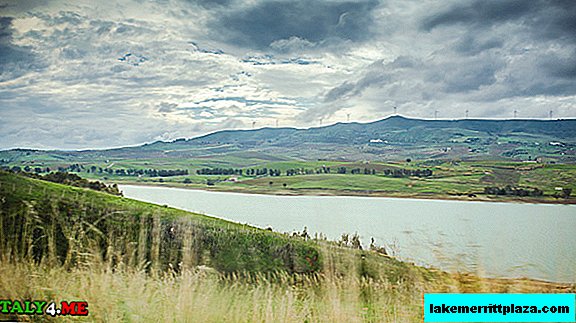
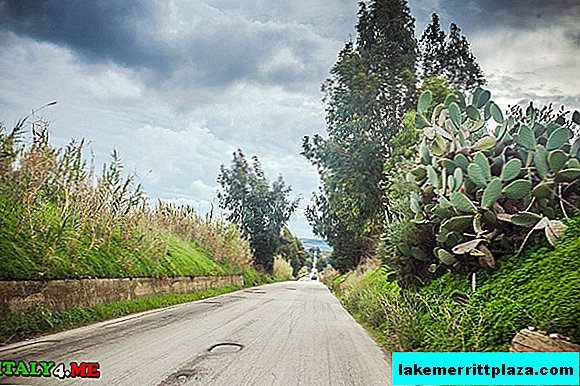
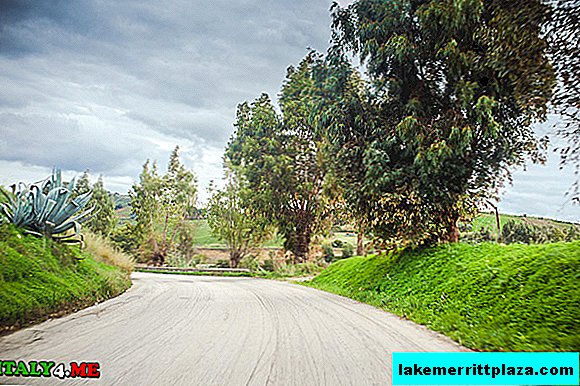
The only 20-meter section of the road reminded me of the federal highway Krasnoyarsk-Irkutsk.
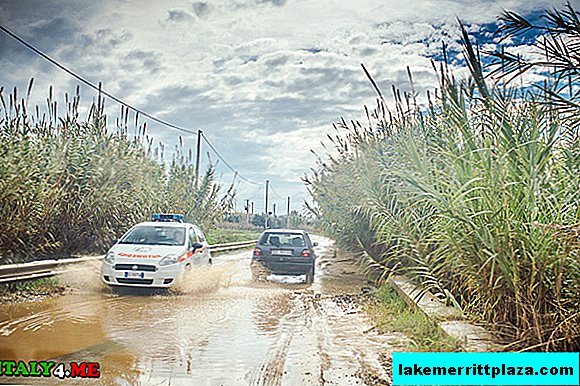
Sicily is a fertile land, even at the end of November it is noticeable how rich its soil is. Herds of cows and sheep constantly meet along the way, and also nearby we can always see a shepherd though without lupara (an incomplete cut of a hunting rifle, in the manufacture of which the block of trunks is somewhat shortened, but sometimes the butt remains. It was used by Sicilian shepherds to protect the herd from wolves, from where and the name of the weapon happened (ital. lupo, in Sicilian -lupu - "wolf"). Then became the common weapon of Cosa Nostra).
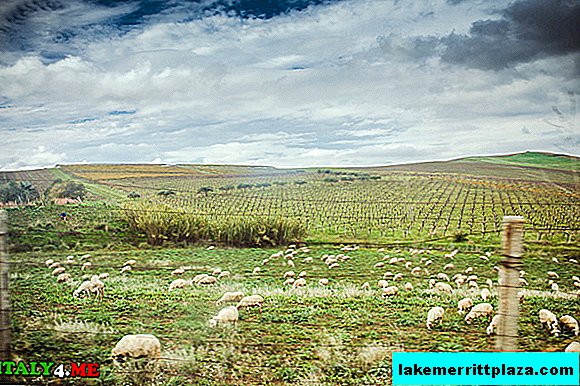
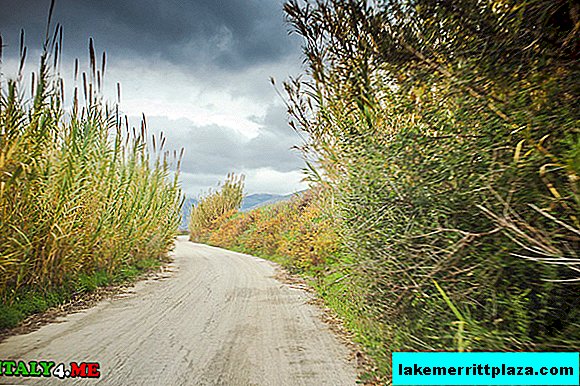
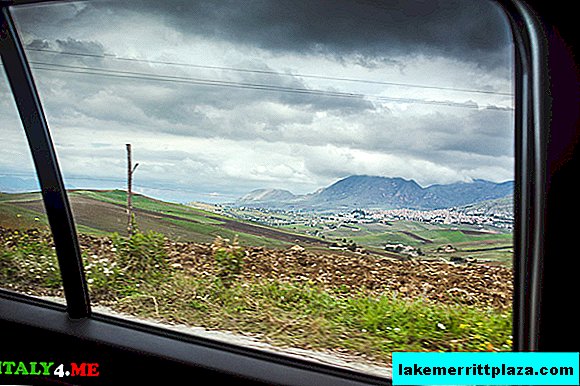
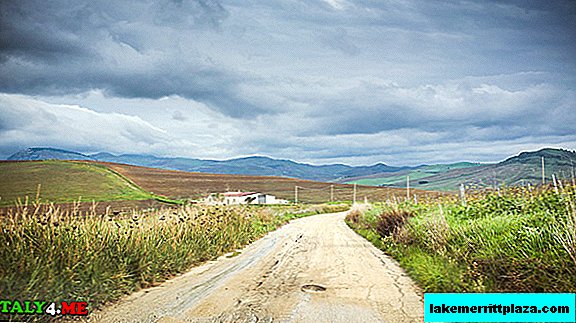
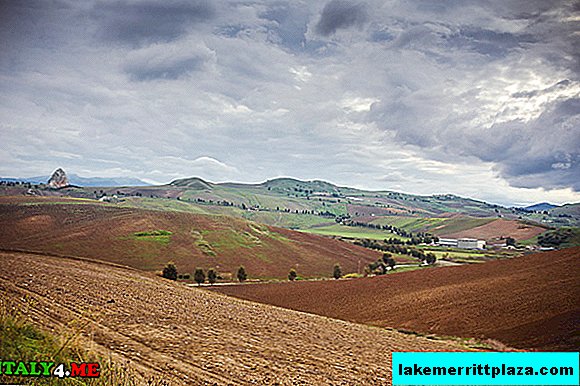
A traditional Sicilian landscape - a small farm house in the middle of the fields. By the way, agritourism is becoming more and more popular, and many tourists prefer to stay not in hotels, but in farmhouses.
I advise you to read: where do we live in sicily
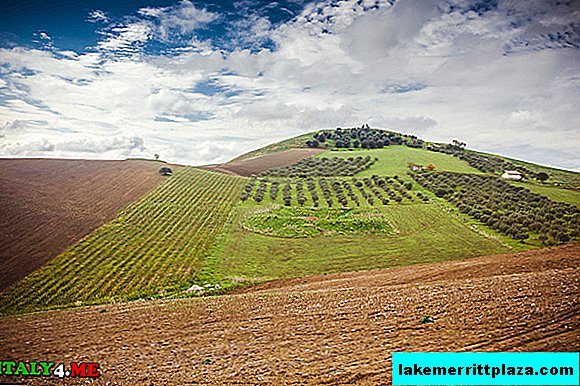
On the left are vineyards, on the right are neatly planted olive trees.
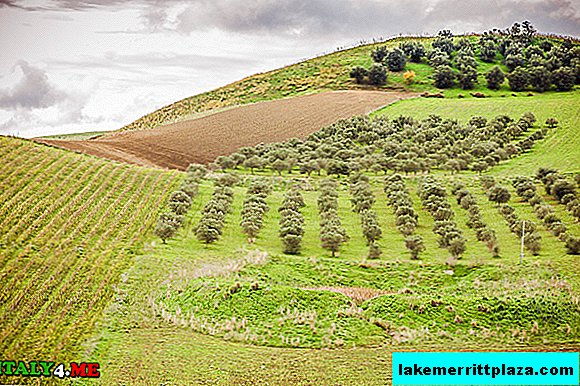
The chief editor of the site and our super-driver Yana Yakutsevich.
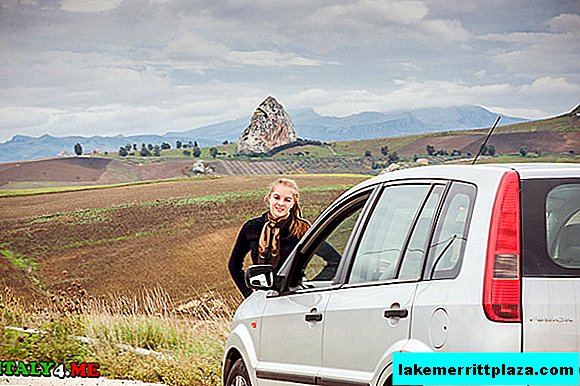
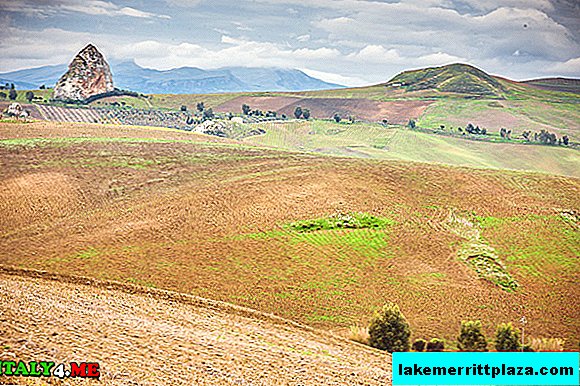
And now, after 100 kilometers of stunningly beautiful road, we were in Corleone. After walking around the city with super cute dogs (see photo report soon) for about 3 hours and stopping by Al Capriccio for lunch, we set off on the other way.
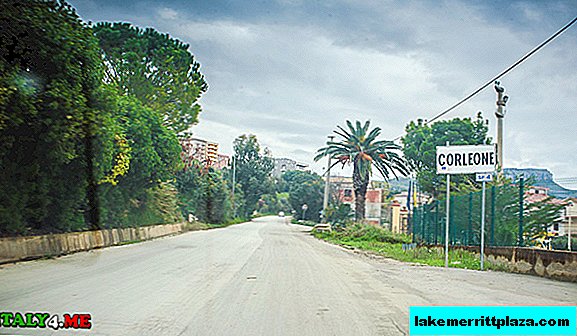
It darkens early in November in Sicily, twilight begins to thicken around half past four. We have witnessed an incredibly beautiful sunset.
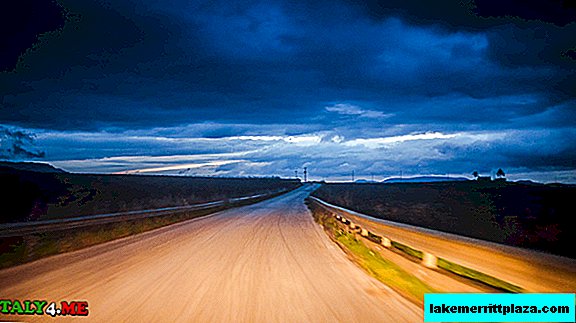
Lonely sicilian tree.

In the tunnel more than 100 km / h is forbidden to drive.
Our road on the map:
View Larger Map
Did you like the Sicilian roads? What roads are in your country?


